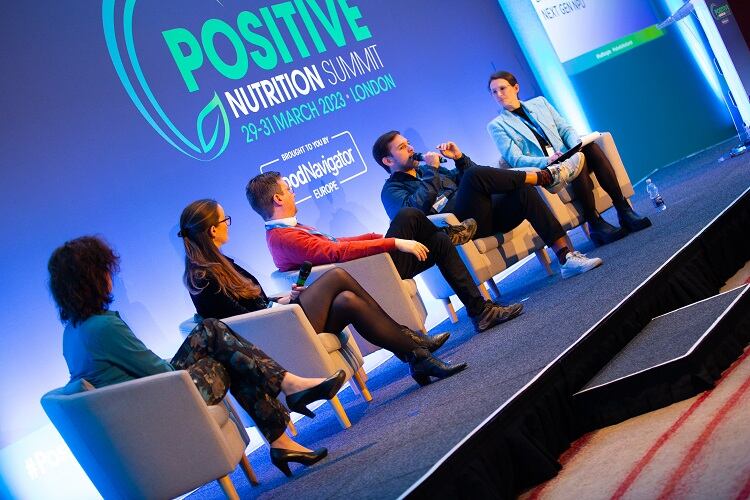Experts continue to believe that consumers should be encouraged to eat less meat to reduce climate emissions. The UK’s Climate Change Committee, for example, recently recommended a 20% reduction in meat consumption by 2030, rising to 35% by 2050.
Consumer appetite for meat and dairy is rising, however, amid a consolidation of plant-based brands.
A new study has found labelling meat-free items as ‘vegan’ or ‘vegetarian’ does more harm than good, with meat eaters ‘significantly less likely’ to choose these meals when they are labelled as such. Removing these labels did not, however, lead vegans/vegetarians to accidentally choose options with meat.
“Meals containing animal products are often presented as the default versus more environmentally sustainable vegetarian or vegan options,” explained Alex Berke, a researcher at Massachusetts Institute of Technology Media Lab in the US. “We tested whether vegetarian and vegan labels on menu items negatively impact the likelihood of consumers choosing these items.”
The researchers carried out two experiments. In the first, nearly 160 college students at an event could choose either a hummus wrap made with only vegan ingredients, or a Greek Salad containing dairy: feta cheese. For some participants these dishes were labelled as either vegan or non-vegan options, for the rest they were unlabelled.
The results revealed the first option was preferred by participants who saw the unlabelled form. In contrast, participants who saw the labelled form preferred option two instead.
In a second online study, nearly 700 participants were asked to hypothetically choose from five menu options. These were vegetarian or meat; vegan or meat; vegan or vegetarian; or either completely vegan or vegetarian.
Similarly, to the first study, for some participants the options were explicitly labelled vegan and vegetarian, while others were only able to see the ingredients list. Again, the results revealed a negative effect of labelling. When there were no labels, about 10% more people opted for a vegetarian or vegan meal.
“Overall, our results showed that vegetarian and vegan labels negatively impact consumers' likelihood to choose the labelled options,” Berke and her colleagues wrote in the study published in the journal Appetite.
“Our studies find that vegetarian and vegan labels effectively deter consumers from choosing these options. Removing these labels may provide an extremely simple and low-cost means for restaurants and other institutions to reduce their environmental impact, with minimal changes to menus, and without impacting consumers' freedom of choice.
“Our experiment suggests these labels should be removed from menus to normalize and encourage vegetarian and vegan eating, which is more environmentally sustainable - overall these labels do more harm than good.”
Plant-based label puts punters off
Separate research reveals both ‘plant-based’ and ‘vegan’ labelling of food are putting shoppers off purchasing greener options, including vegans.
A poll of over 2,000 UK adults by vegan cheese brand Julienne Bruno showed two fifths (39%) of respondents want more planet friendly food – but are put off by labels. ‘Plant-based’ food labelling has become more deterrent than the term ‘vegan’ with two in five (37%) now disliking the term compared to just under a third (32%) for ‘vegan’. Even 37% of vegans dislike the term ‘plant-based’.
Axel Katalan, Founder of Julienne Bruno, which doesn’t label its dairy free cheeses as ‘plant-based’ or ‘vegan’ said: “Being labelled as plant-based isn’t a unique selling point. The research indicates shoppers want their food to be original, taste good and offer quality produce regardless of whether it’s vegan and this could be key to getting more shoppers to eat more sustainably. With vegans even being put off ‘plant-based’ labelling, I think it’s time for a shift in how we talk about and label food.”
Reference: The negative impact of vegetarian and vegan labels: Results from randomized controlled experiments with US consumers
Appetite
https://doi.org/10.1016/j.appet.2023.106767





